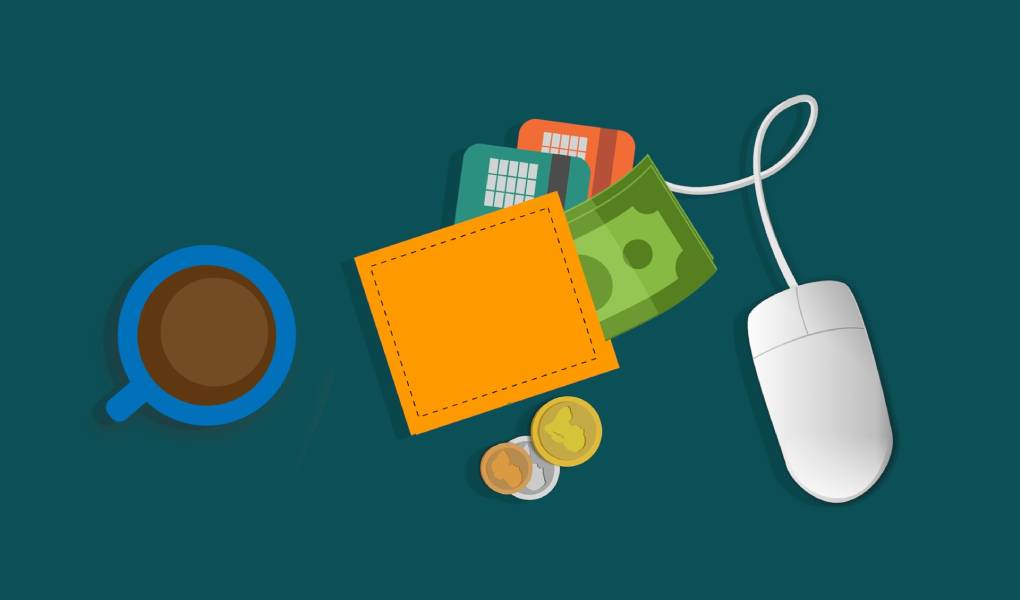The so-called post-millennials are rarely seen without a smartphone. Always just a flick of the wrist away, the mobile phone is often a news portal, fitness coach, and shopping advisor all rolled into one. It is also becoming more and more important as a means of payment.
For the generation born between 1997 and 2012, exchanging views with friends via Instagram, Tiktok, Whatsapp & Co. is often part of everyday life. The idea that the social environment influences what the so-called digital natives put in their shopping baskets is obvious. A third of them have been inspired by social media before. For example, the new sweater goes over the counter. A medium that retailers must therefore consider reaching the customers of the future.
Social Media And Local Shops
This is one of the findings of the accounting firm’s study “Generation Z is Talking. Are you Listening?”. The survey is based on around 2,000 consumers between 18 and 24. However, the next step on the way to finding your new favorite item is surprising: According to the study, after Generation Z has combed through Instagram, they do not switch directly to an online shop. Instead, she visits the stationary shop around the corner.
Shopping with a PC or smartphone-only takes second and third place in the PwC study. Nevertheless, the young customers would like the shop to be connected to the Internet. For this, the retail trade needs technological possibilities to bring the analog and digital worlds together.
Smart And Seamless
According to the PwC study, for more than a third of Generation Z to have the best possible shopping experience, things need to be as quick and easy as possible, especially when paying. By connecting e-commerce with the POS, the advantages of online trading are exhausted, such as B. No waiting times at the checkout and fast product information. Digital wallets such as Click to Pay or Apple Pay can speed up the checkout: the customer data is stored in the app, and a few clicks are enough to pay. Usually, no further authentication is necessary.
Near Field Communication (NFC) technology from providers like Computer works according to a similar principle: To pay, the customers have to bring their smartphone close to the transmitter, and a payment page is called up. The desired payment method can then be selected. Since the transmitters can be attached to price tags or placed in shop windows, the aisle to the checkout is skipped – there is no need to queue.
Map Function In The Mobile Device
According to the annual survey by the Payment Systems Initiative in 2021, one in three young people has already used their smartphone to pay at the checkout. Fifteen percent would even prefer to pay in 2022, which corresponds to an increase of four percentage points compared to the previous year. The trend can be reinforced with innovations such as the Girocard function in Apple Pay because debit cards are still very popular with Generation Z: After all, 93 percent of 16 to 29-year-olds in Germany have a Girocard, and in the USA, they pay for it Generation Z prefers clothes, cosmetics, and dinner with friends with their debit card.
Background to this trend: especially in the USA, many digital natives experienced how their parents suffered losses due to the global economic crisis in 2007. This is one of the reasons why this generation saves more than anyone else before buying anything and tries to avoid debt. This applies to Germany and the USA, as the youth study by the banking association and the Next-Gen study Impact by the Alliance Data Company from last year show.
Payment Trends of Tomorrow
What moves Generation Z today, how they shop and pay, gives merchants an indication of the upcoming trends in the payment world: NFC, omnichannel, and wallets like Apple Pay are part of them.
